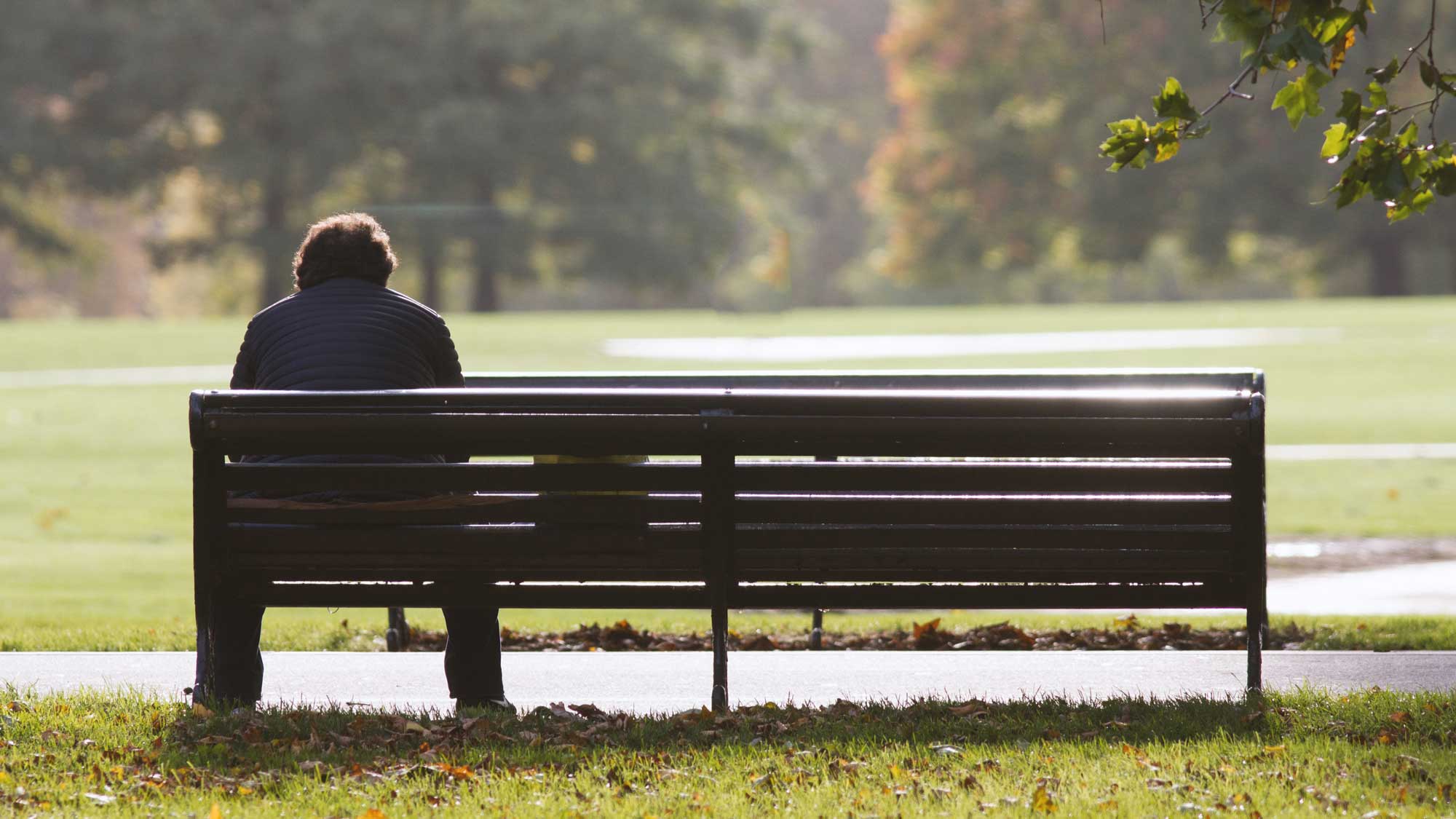“In every walk in with nature, one receives far more than he seeks.” — John Muir
The year 2020 has presented unique challenges in response to COVID-19. For many, the most difficult obstacle has been self-isolation and lockdown measures, as routines have been turned upside down.
Although mental health experts continue to express their concerns, there are steps you can take to protect the mental well-being of you and your loved ones — and nature is one of the best places to start. For years, researchers have urged the public to reconnect with the great outdoors to support their physical and mental health, yet in response to the coronavirus, many are beginning to take advantage of the incredible natural world that surrounds them.
The Link Between COVID-19, Nature, and Positive Mental Health
Across the globe, for decades, the amount of time people have spent outdoors has gradually and continuously declined. However, that appears to be changing.
The global pandemic led to a change of pace, and as the world began to slow down, a spotlight on nature emerged. Whether it’s because people have had more downtime at home or there was less human activity in otherwise high-traffic areas, people around the globe are beginning to notice just how calming and rewarding nature can be.
For years, our human-made world has caused a disconnect. However, research suggests that humans have an innate need to affiliate with nature. As reported in a 2020 Scientific American article, the ability to spend more time outdoors is an unexpected benefit of COVID-19 — one that can be restorative to mental health. The global pandemic forced people to reevaluate their relationship to the natural world, and for many, the benefits may be long-lasting.
Statistics show that mental disorders are 38 percent more prevalent in urbanization neighborhoods compared to rural towns. More specifically, mood disorders are 39 percent more common, anxiety disorders are 21 percent more common, and rates of schizophrenia are doubled. Although increased prevalence is likely due to numerous variables, including stressful city life, researchers believe that a lack of interaction with nature plays a role.
What the Research Says
Numerous studies have showcased the relationship between nature and mental health, including the following:
- A study conducted by Stanford researchers asked participants to either walk for 90 minutes through the city or through a nature path. They measured blood flow to the region of the brain that is active during rumination — which is the focused attention on negative thoughts. It was found that those who walked in nature had lower levels of activity in this brain area and lower levels of rumination. It was concluded that natural areas may be critical for mental health in our rapidly urbanizing world.
- A 2020 review found that when contrasted with equal time spent in urbanized settings, as little as 10 minutes walking or sitting in a natural setting has a significant, positive impact on physiological and psychological markers of mental well-being.
- Research has shown that interacting with nature improves both cognition and mood, supporting those with depression. More specifically, when exposed to nature, those suffering from mild to major depressive disorders felt more energized and motivated to recover.
How to Reconnect with Nature Today!
There are so many ways to strengthen your relationship with nature. Whether you’d like to spend more time outdoors with a pet or encourage your children to appreciate nature, here are some options to get started:
- Check out nearby trails or campsites to make exploration a priority in your life. Hiking and camping are great activities for the whole family and in most cases, dogs are welcomed.
- Not everyone has access to national parks or conservation areas — and that’s okay! Research shows that even mild increases in exposure to nature can result in better mental and physical health, so head to a park or even your backyard. Observe and enjoy the natural world that surrounds you while soaking up vitamin D (which can significantly benefit those living with depression and other mental health conditions).
- Spend more time gardening, as green spaces are highly therapeutic – they also encourage greater physical activity.
Perhaps the most important way to reconnect with nature is to simply be present. Feel the wind and sun on your face, listen to the birds, smell your garden’s flowers, and truly connect in an intentional way. Also, be sure to encourage children to love nature, as they are the environmental stewards of the future.
If you or someone you love is suffering from a mental health disorder, please seek assistance. If you love nature, natural therapy options can be implemented into your treatment plan. The beginning of the rest of your life could be today — contact us for more information.






